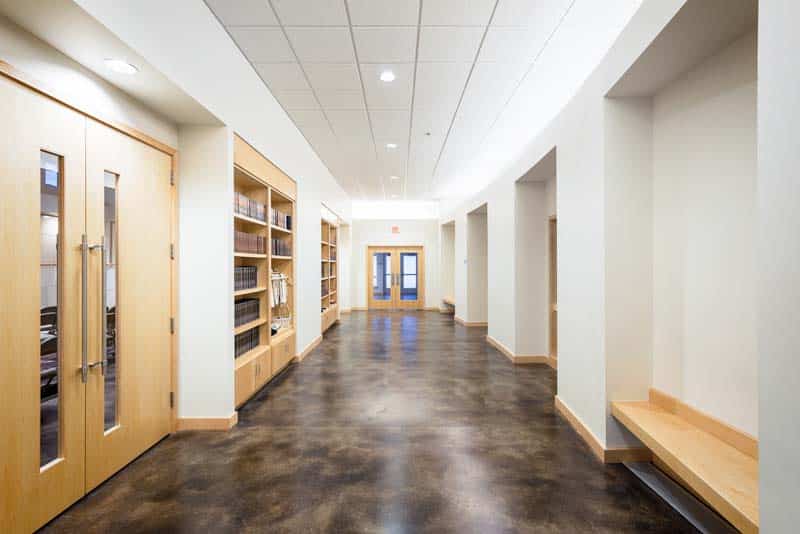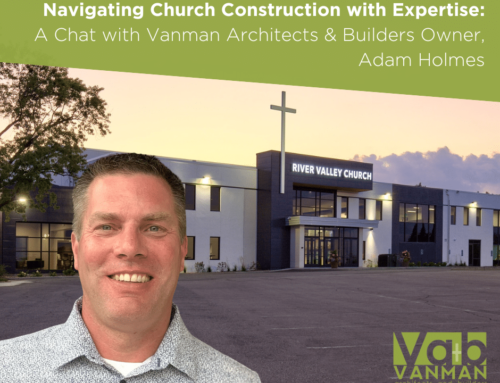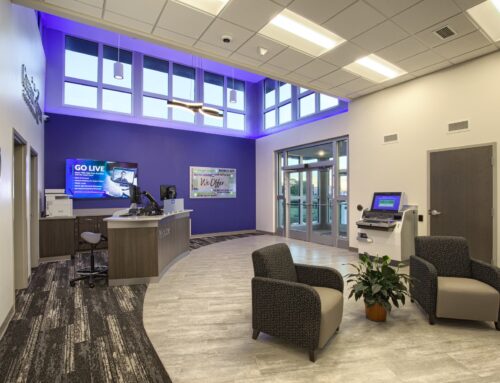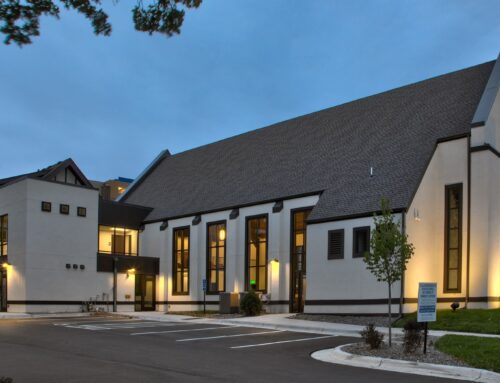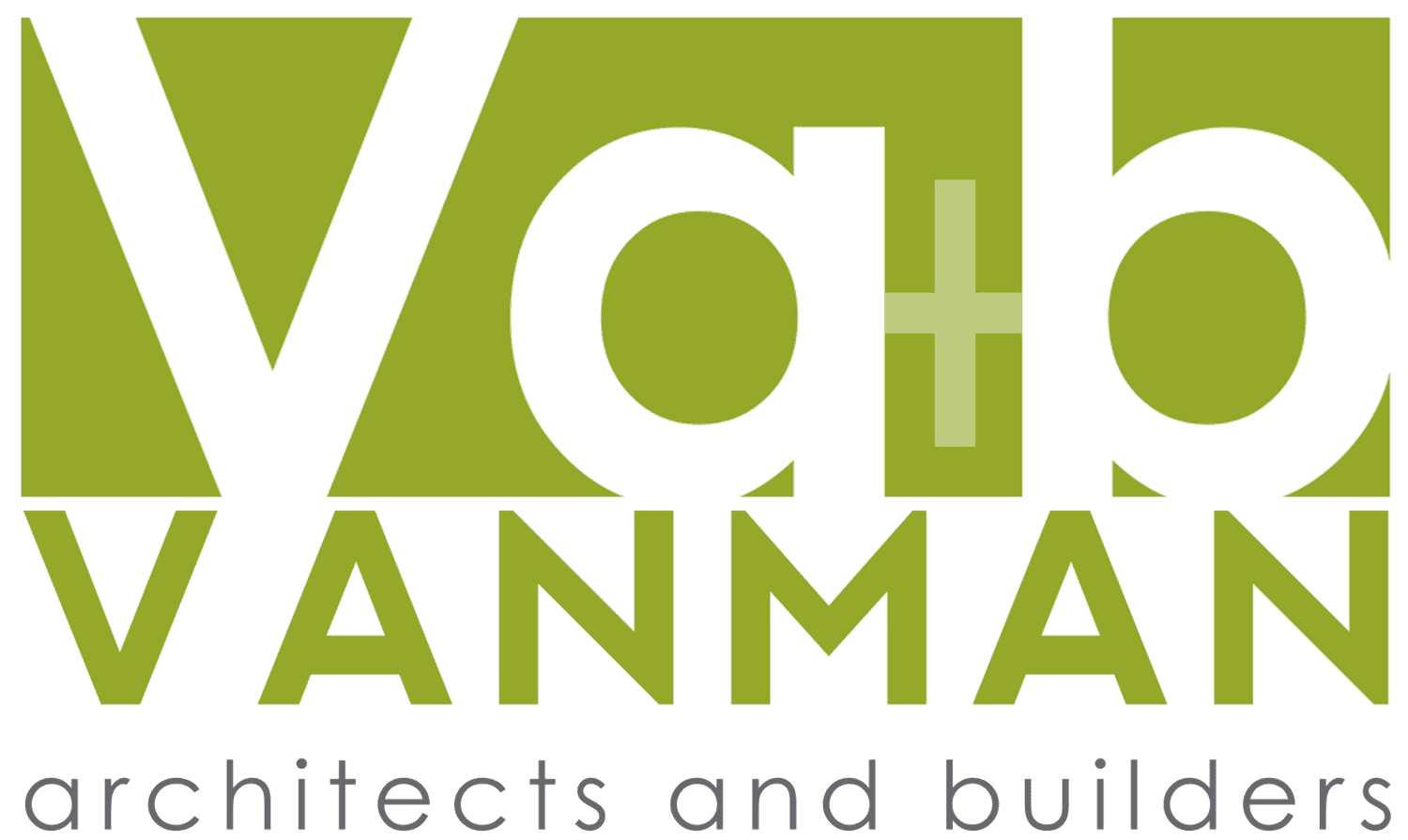Hiring a church architect is a big step on the path to success for your building project. As such, before you hire an architect or send out requests for proposals, you should begin with a few questions for your potential architect to avoid any unnecessary hiccups along the way to completion.
1. What is the largest portion of your firm’s work and how much of your total work is it?
This is a two-part question, but it will reveal a much better idea of how important your project will be to them. An architecture firm generally has a main focus and interest, and this will be where they put the most marketing. Just because their website says they do churches does not mean it is their primary work. Their focus will be reflected on their website. If they list education first, then commercial, and civic centers, and at the very bottom of their portfolio religious work is listed, they probably will not pursue or even have much focus for churches. How much of their total work is this focus will also give an indication of their potential interest. Let us say that your dream firm responds that they are indeed focused on churches. How much of their total work is churches? If half of their work is churches, there is another focus that may vie for their attention. This is not a warning sign – it is merely an indication of the focus of the firm. If the firm has a small percentage of work in churches, they might also be breaking into the market. Be aware that churches are a specific function – even if it does not look like a church, it must still function as one. Firms breaking into the market may end up designing a church that functions like a civic center or a school.
2. When I call your references, what will they say?
This is a revealing question. Someone who sees a successful project may not know how the other side viewed it. This may reveal an architect in touch with their clients, or it may reveal a disconnect that might carry over to your project. Take note of how the firm answers, call their references, and compare. Also, call more than one reference. Sometimes a bad experience is simply a bad experience.
3. What is your current schedule or workload?
In this economy, firms may be busy or they may be trying to find work. Each situation depends upon the primary focus of the firm (a firm focused on government projects might be finding new markets due to a lack of work in their field). You may have to weigh your wishes with practicality. Ask yourself if waiting in line is worth getting your dream firm to work the job. If it is not, it is time to resume your search.
4. What is your staffing for this project?
See the question above. No one wants to end up in a queue as the firm scrambles to find employees to draft your project. This is why design-build firms have an advantage. A fully integrated system can minimize construction document development time and get construction started sooner.

